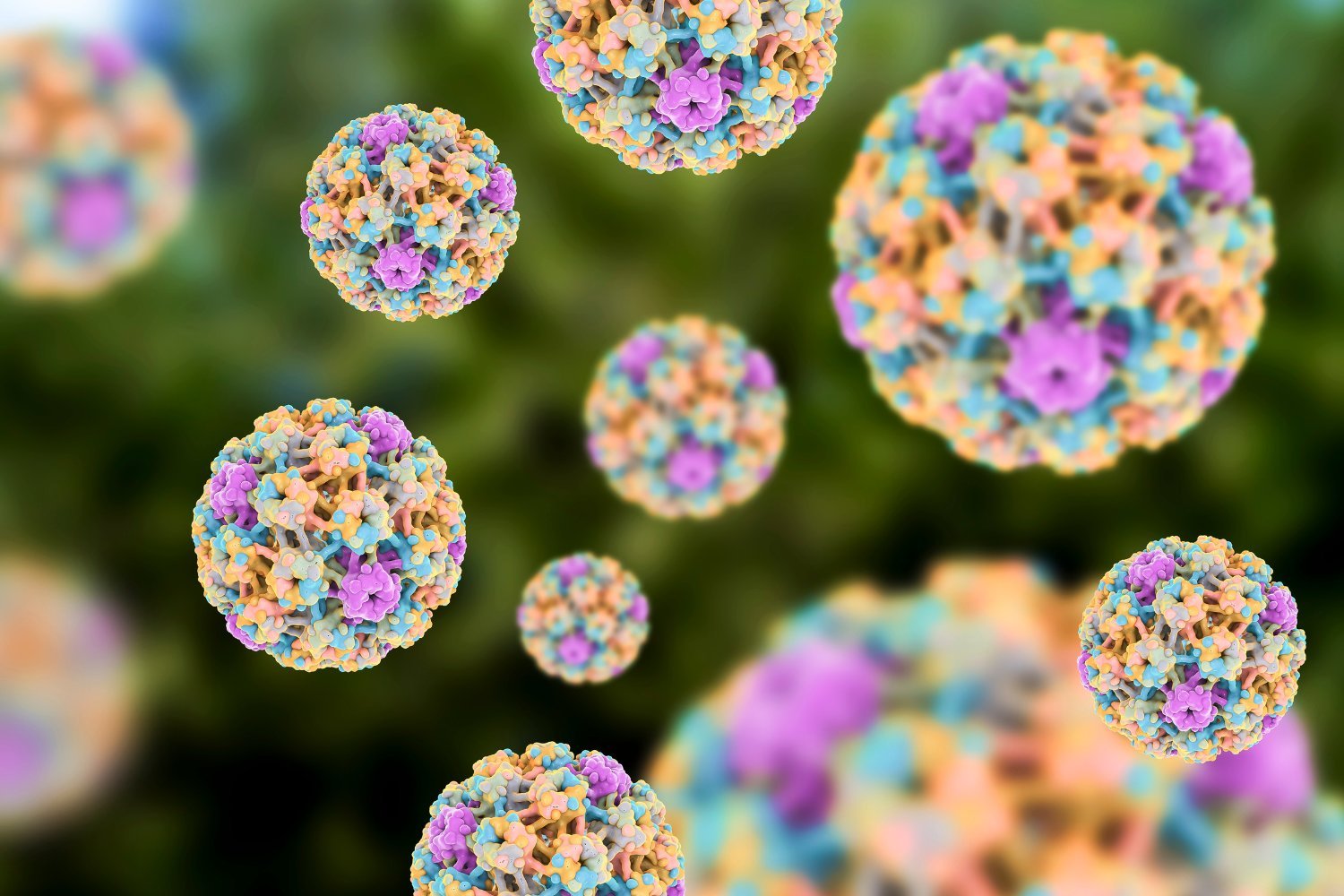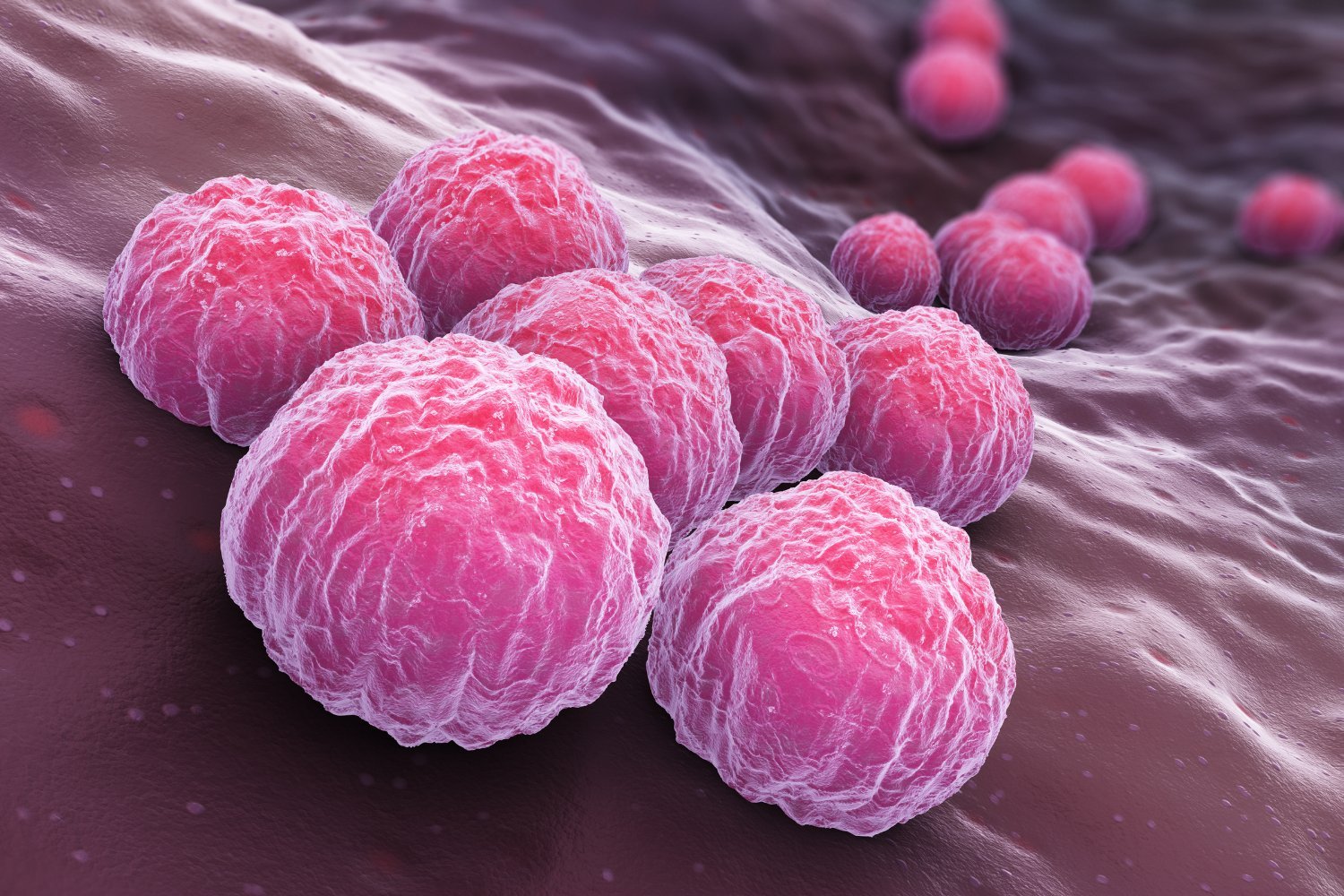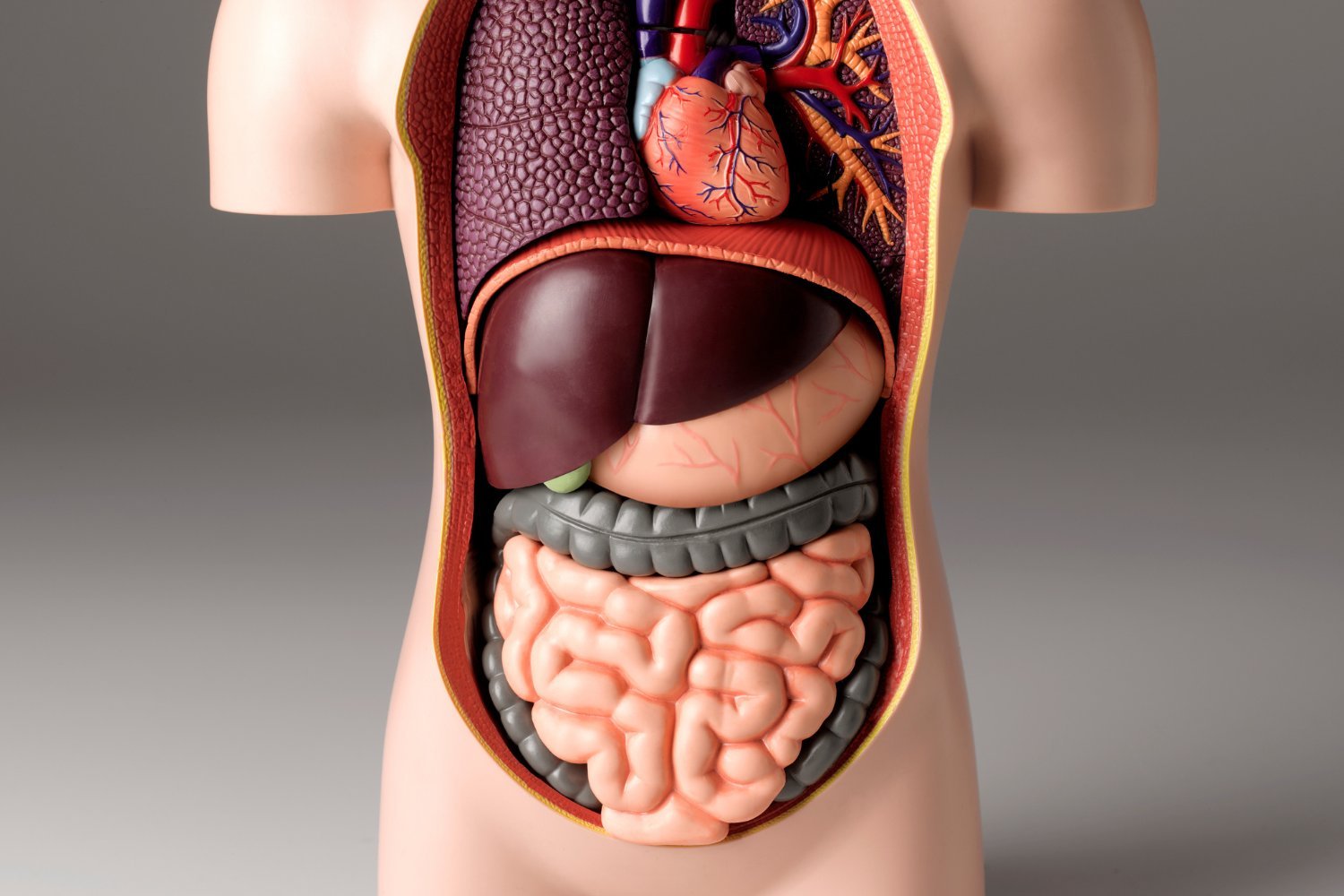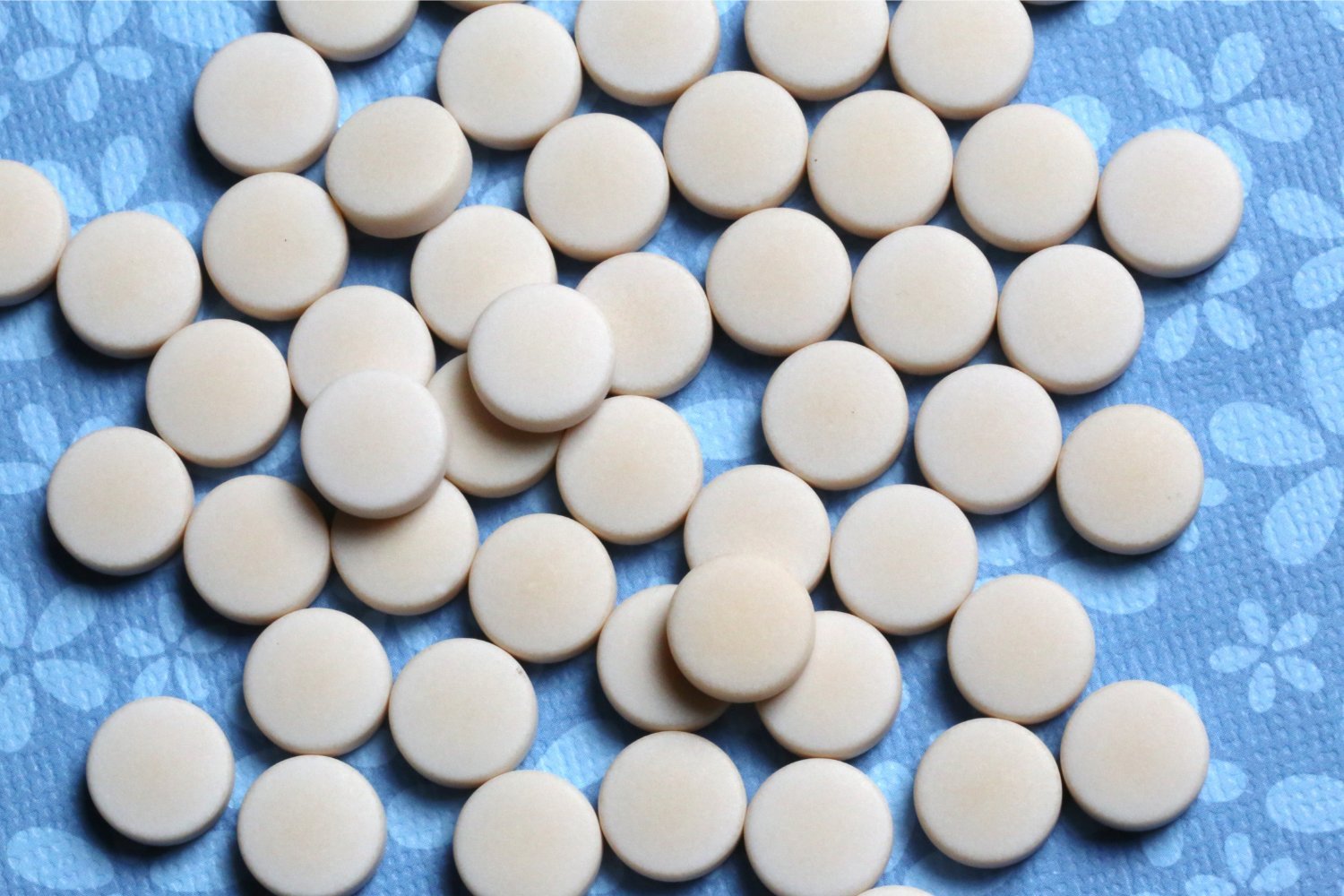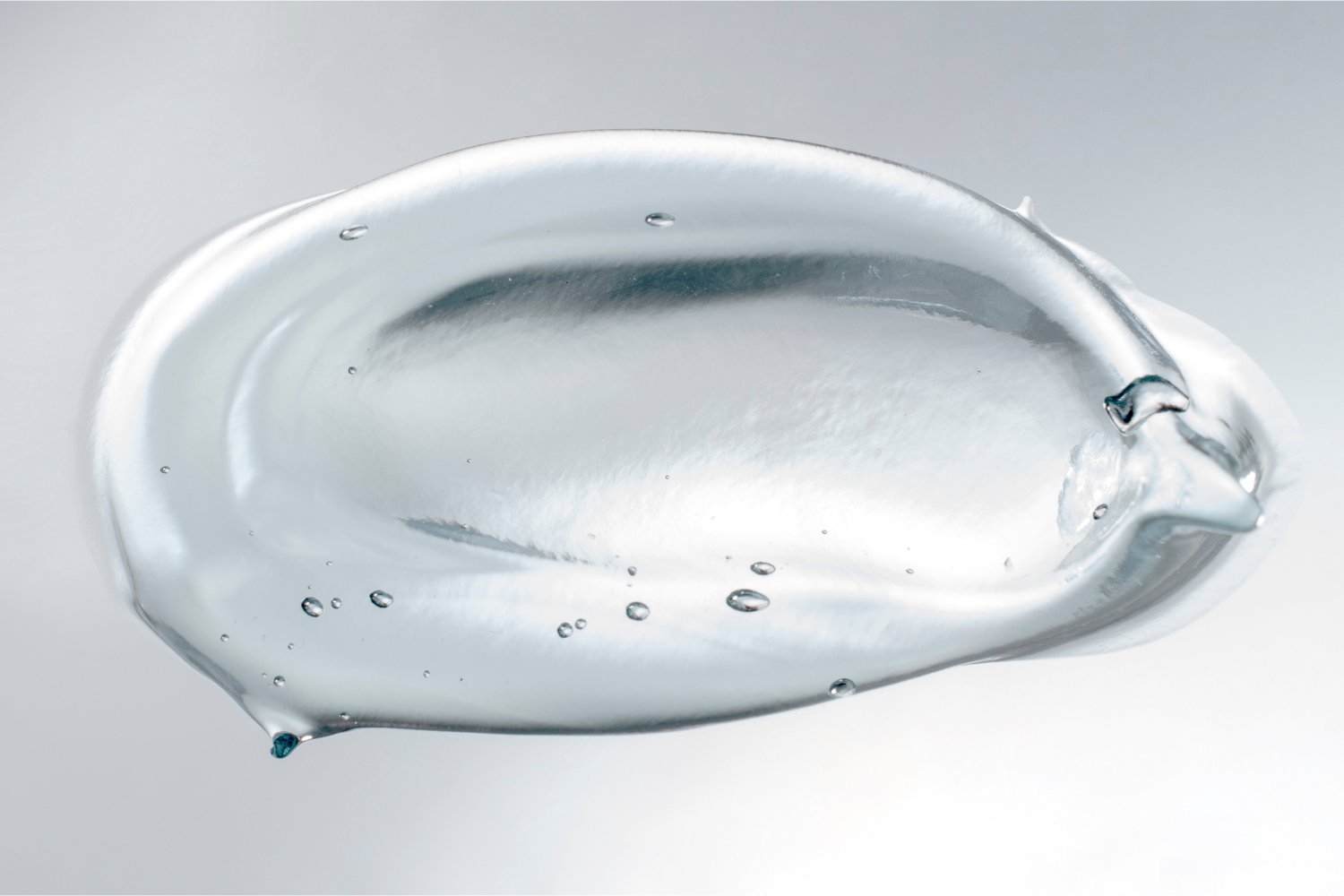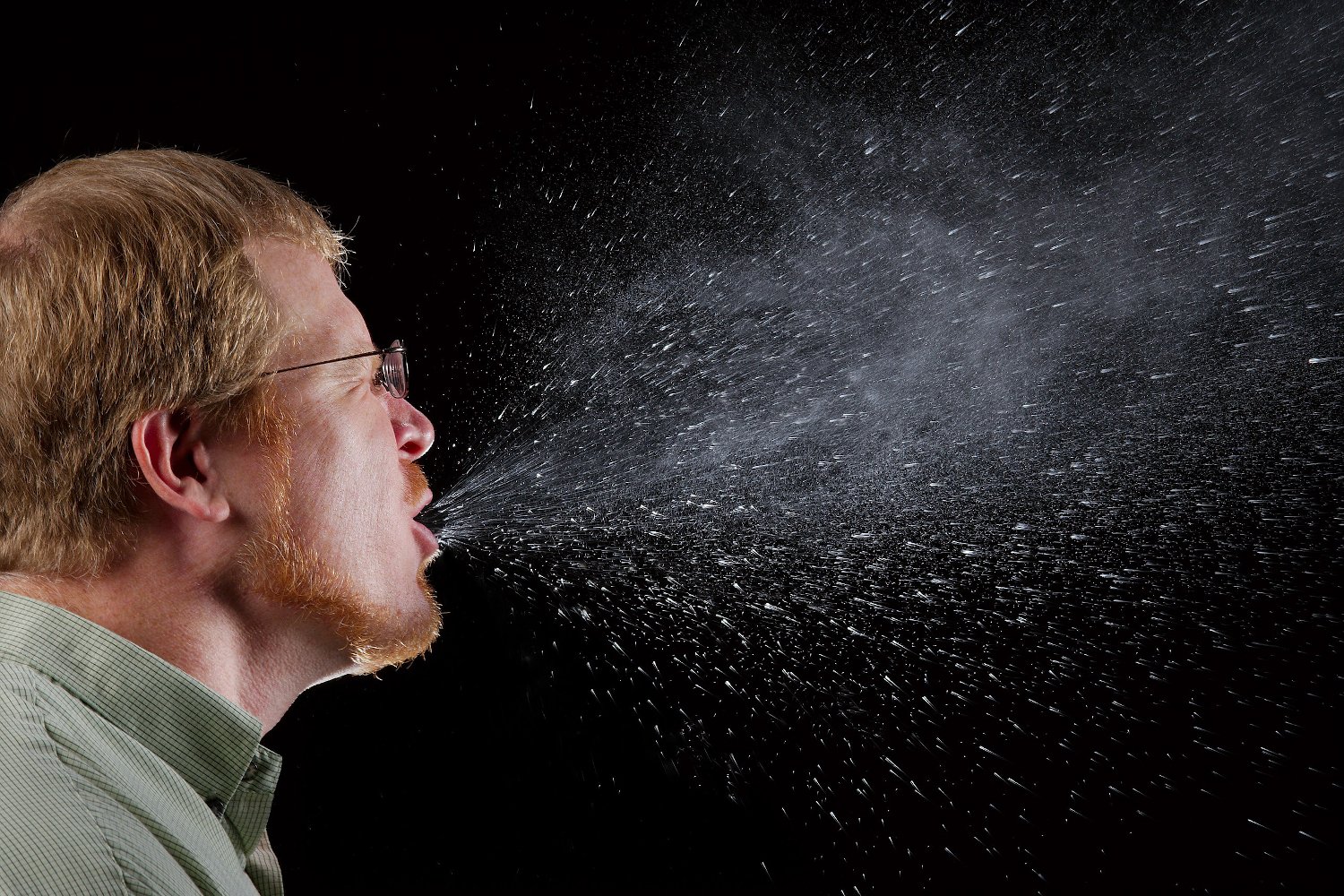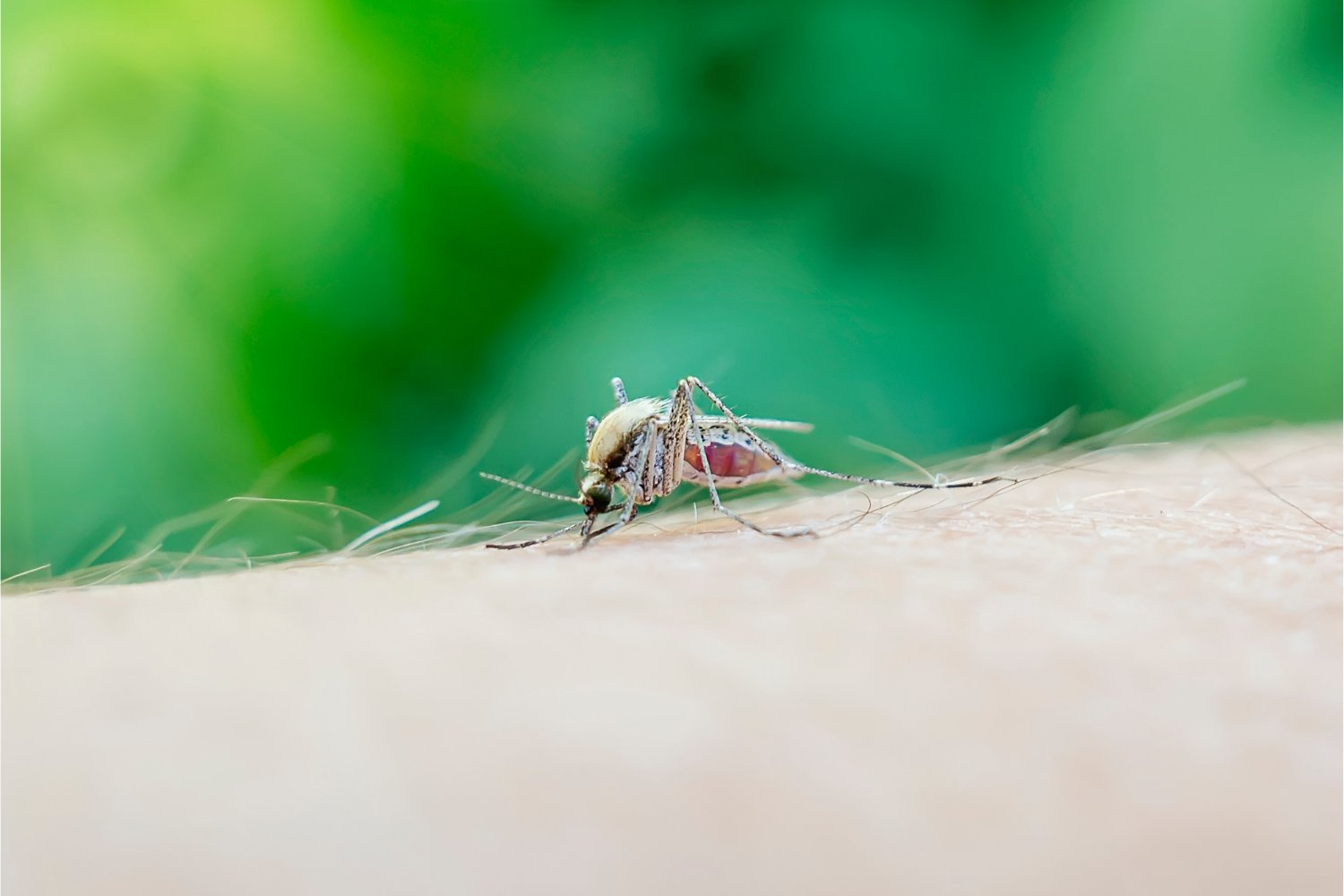HPV, a common sexually transmitted infection, has over 200 types, some causing no issues while others lead to genital warts or even cancer. High-risk HPV (HR-HPV) types are particularly concerning, linked to cervical, penile, anal, throat, and mouth cancers. Recent research suggests another potential consequence for men: reduced fertility.
A study published in Frontiers in Cellular and Infection Microbiology examined the impact of HR-HPV on men’s sperm. Researchers analyzed samples from over 200 men visiting a urology clinic, finding around 20% tested positive for HPV, with 20 specifically having HR-HPV.
While standard tests showed no significant differences in sperm quality between infected and uninfected men, more sensitive testing revealed a higher percentage of dead sperm in men with HR-HPV compared to those with low-risk HPV or no infection. Additionally, these men exhibited lower white blood cell levels in semen and increased oxidative stress.
According to senior study researcher Virginia Rivero, a professor at the Universidad Nacional de Córdoba in Argentina, “Men infected with HR-HPV…show increased sperm death due to oxidative stress and a weakened local immune response in the urogenital tract.” This suggests HR-HPV could impair male fertility.
Further research is necessary to confirm these findings due to the small sample size. The researchers plan to investigate whether co-infections with other STIs exacerbate the impact on reproductive health.
Regardless of these preliminary findings on fertility, HPV vaccination remains crucial for preventing various cancers and genital warts. Current guidelines recommend vaccination for all children and young adults under 26 in the U.S., with potential benefits extending up to age 45. Protecting against potential infertility would be an added benefit of the HPV vaccine.
The HPV vaccine protects against the most common cancer-causing HPV types. While further research is needed to solidify the link between HR-HPV and male infertility, the existing benefits of vaccination are substantial.
https://www.cancer.gov/about-cancer/causes-prevention/risk/infectious-agents/hpv-and-cancer
https://www.eurekalert.org/news-releases/1054429
https://www.cdc.gov/vaccines/vpd/hpv/hcp/recommendations.html



